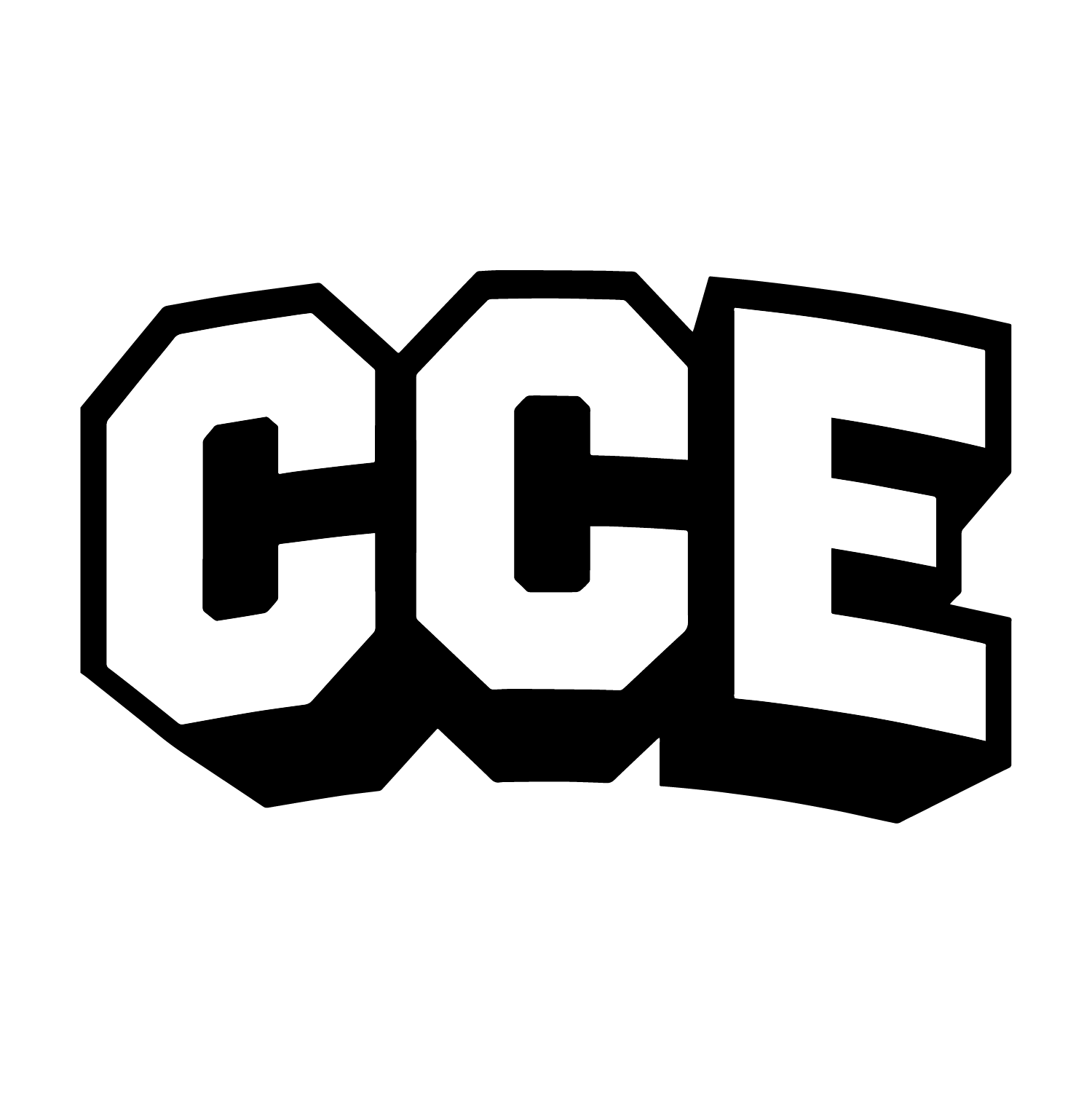Hazardous Communication
Date Posted: 09/10/2016
The Hazard Communication Standard (HCS) is now aligned with the Globally Harmonized System of Classification and Labeling of Chemicals (GHS). This update will provide a common and clear approach to classifying chemicals and communicating hazard information:
Material Safety Data Sheets (MSDS) will become Safety Data Sheets (SDS). They serve the same purpose as the MSDS. SDS will provide an easy to read format.
SDS Sections
Identification
Hazard(s)
Composition/information on ingredients
First-aid measures
Fire-fighting measures
Accidental release measures
Handling and storage
Exposure controls/personal protection
Physical and chemical properties
Stability and reactivity
Toxicological information
Ecological information
Disposal considerations
Transport information
Regulatory information
Other information
All chemical labels will be required to have pictograms, a signal word, hazard and precautionary statements, the product identifier and supplier identification.
Pictograms on labels are designed to alert users of the chemical hazards. Each pictogram consists of a symbol on a white background framed within a red border and represents a distinct hazard(s).
There are two signal words in the GHS system - Danger and Warning. These signal words are used to communicate the level of hazard on both the label and the SDS.
The product identifier can be (but is not limited to) the chemical name, code number or batch number.
The hazard and precautionary statements are used to describe the nature of the hazard(s) and recommended measures to minimize or prevent adverse effects resulting from exposure.
Presenter tips
Pre-read the Toolbox Talk. Your comfort level and confidence will be higher if you know your topic.
Discuss related tasks, work areas or events that make the Toolbox Talk relevant to your job site.
Involve the workers by asking questions and input that drives discussion.


